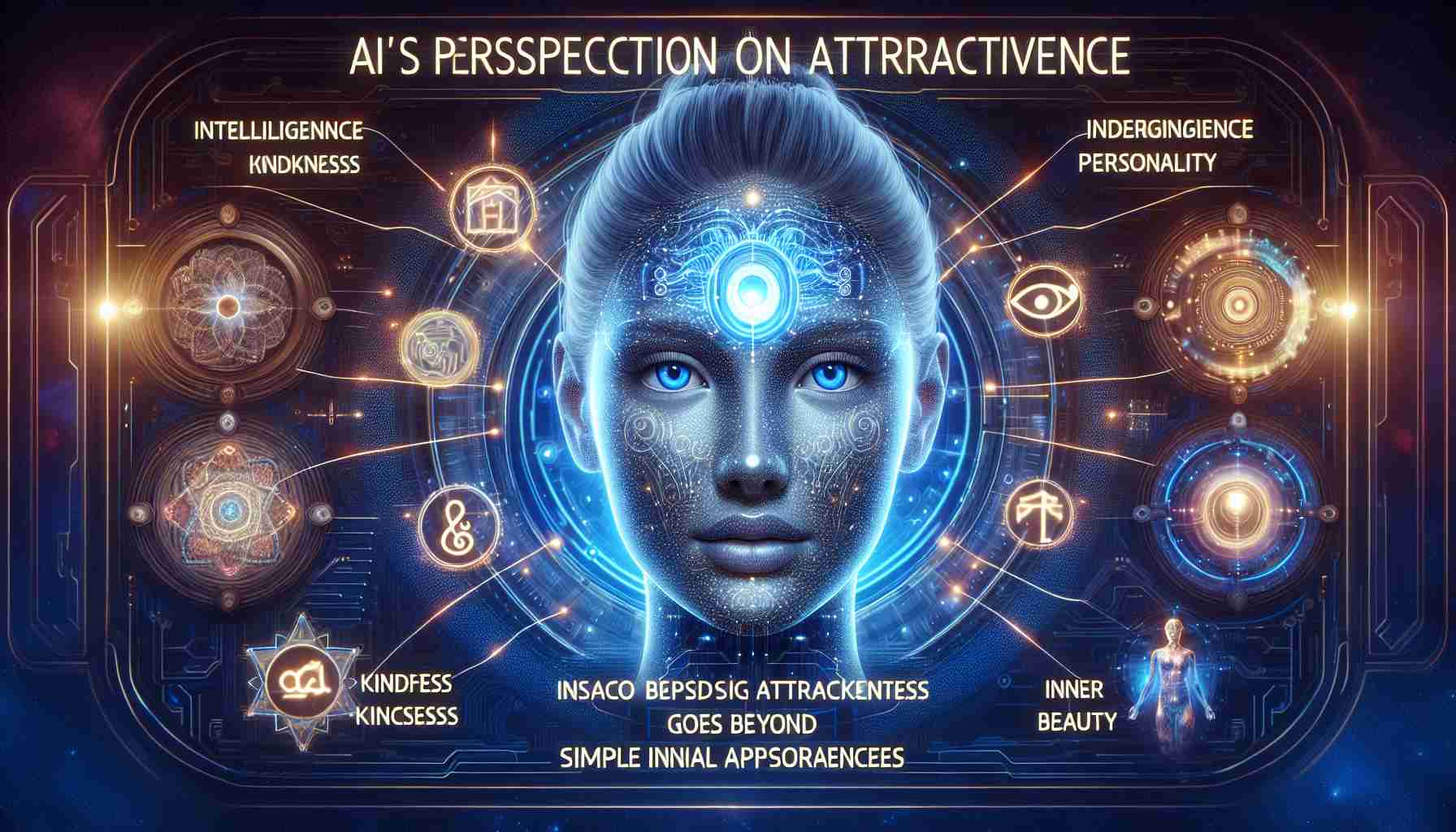Exploring the Attributes That Influence Personal Appeal
In a world captivated by the subjectiveness of beauty and character, Chat GPT, an advanced artificial intelligence, has shed light on what influences human attractiveness. The insights of this AI tool diverge from conventional focus on physical attributes, steering towards the psychological and social traits that shape interpersonal connections.
A leap in AI technology has enabled Chat GPT to provide well-rounded responses on various life topics, including the elusive concept of charm and allure. The AI conversational model emphasizes that these qualities are deeply subjective and fluctuate across different cultural and individual preferences.
Pondering the Qualities That Diminish Attractiveness
Among less appealing traits, persistent negativity stands out, according to Chat GPT. Negative or pessimistic individuals can drain the energy around them and impact social dynamics unfavorably, potentially weakening bonds.
A lack of empathy is another significant detractor, as it hinders the formation of profound relationships. Being able to relate and respond to others’ feelings is crucial for mutual understanding and connection.
Furthermore, excessive self-centeredness is a trait that can push others away. This egotistic approach overlooks others’ needs and emotions, impeding strong relationship building.
Other traits that did not resonate well with the AI include a resistance to new ideas and a lack of sincerity or authenticity. Interestingly, none of the characteristics highlighted by the AI pertained to physical appearance, underscoring that attractiveness is not merely a matter of outward looks.
Understanding the Role of AI in Interpreting Human Attractiveness
Artificial Intelligence has progressed to a point where it is now contributing to our understanding of complex human concepts like attractiveness. Beyond merely recognizing facial features, AI systems like Chat GPT are analyzing patterns of human behavior and communication to offer insights into what makes a person attractive in a more holistic sense. These AI systems bring a data-driven approach to understanding attractions that often involve personal biases and cultural influences.
Key Questions and Answers
Q: How can AI contribute to the study of human attractiveness?
A: AI can analyze extensive data sets, including textual information from surveys, interviews, and literature, to identify patterns or trends associated with attributes considered attractive. Moreover, AI can minimize individual biases that might affect such studies by maintaining consistency in evaluating the given data.
Q: What are the challenges associated with AI’s perspective on attractiveness?
A: One challenge is ensuring AI systems are not replicating societal biases, such as those around race or age. Another concern is about the depth of AI’s understanding of human experiences since AI lacks human consciousness and emotion.
Key Challenges or Controversies
The main challenges in applying AI to the concept of attractiveness include the ethical considerations of reinforcing stereotypes and the ambiguity in programming AI to understand subjective experiences. There’s ongoing controversy over whether AI can genuinely grasp the nuances of human attractiveness without human-like sentience.
Advantages and Disadvantages
Advantages:
– AI can process and analyze vast amounts of data far quicker than humans.
– It can provide an impartial perspective free from individual human biases.
– AI may uncover patterns of attractiveness that are not immediately obvious to human observers.
Disadvantages:
– AI does not possess human emotional intelligence and may overlook the profound subtleties of human relations.
– There is a risk of AI perpetuating societal biases if not properly designed and monitored.
– AI’s interpretations are bound by the data they are trained on, which may not account for the full spectrum of human diversity and experience.
For further exploration of AI and its applications in understanding human concepts, please refer to the OpenAI website. To learn more about the broader implications of AI in society and ethical considerations, visit the AI section of the Association for Computing Machinery (ACM) website.

